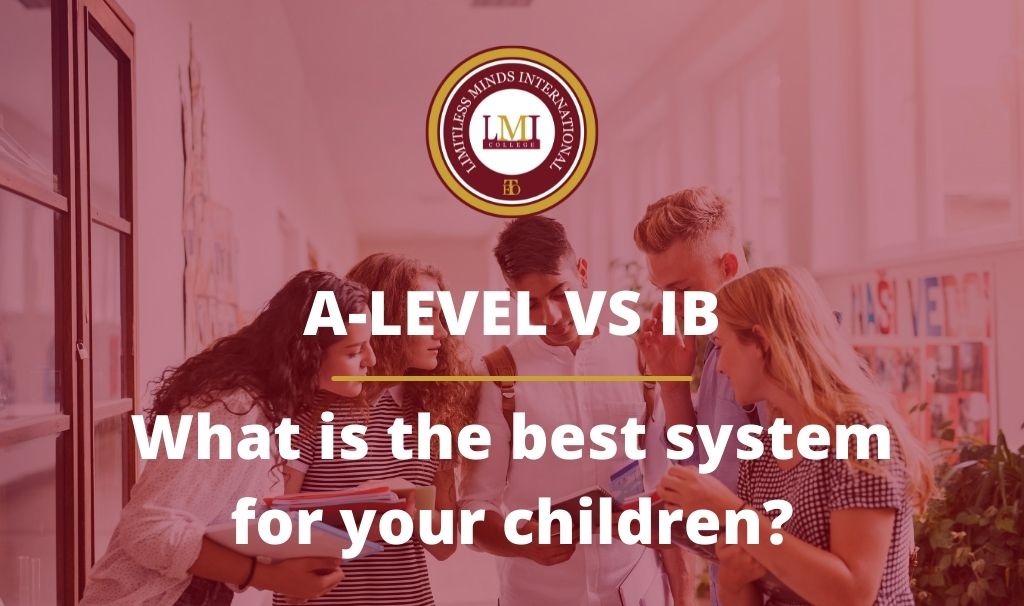VICTIMS OF BULLYING IN BRITISH AND INTERNATIONAL SCHOOLS
Bullying is a growing concern around the world, and the UK and international education systems are no exception. Students who have experienced bullying can experience a range of mental health and emotional wellbeing issues, which can negatively affect their ability to learn and thrive academically. However, the UK education system, along with more international schools, has taken steps to address bullying and support students who have been victims of bullying.
Firstly, British and international schools have implemented zero tolerance policies towards bullying. Schools have a responsibility to ensure that students feel safe and protected, and that any form of bullying is dealt with seriously and swiftly. This includes taking appropriate disciplinary action against bullies, as well as providing support and counselling for victims.
Schools have also implemented training and bullying prevention programmes for all students. These programmes are designed to educate students about the negative impact of bullying and to foster a culture of respect, inclusion and empathy. Programmes may also include training for teachers and school staff on how to detect and address bullying.
In addition, international centres and UK centres also offer emotional and psychological support to students who have been victims of bullying. School counselling services are available in many centres, and students may also be referred to external mental health services for additional support. Teachers and school staff can also provide emotional support and counselling to students who have been bullied.

Finally, these schools also provide opportunities for students to get involved in campaigns and groups that promote inclusion and diversity. These groups can help students who have experienced bullying to feel included and supported, and to create a more positive and respectful school culture.
In summary, the British education system, along with most international schools, take bullying very seriously and have implemented a variety of measures to address this problem and support students who have been victims of bullying. From zero tolerance policies and prevention programmes to emotional support and inclusion groups, schools are working to create safe and positive school environments for all students.












